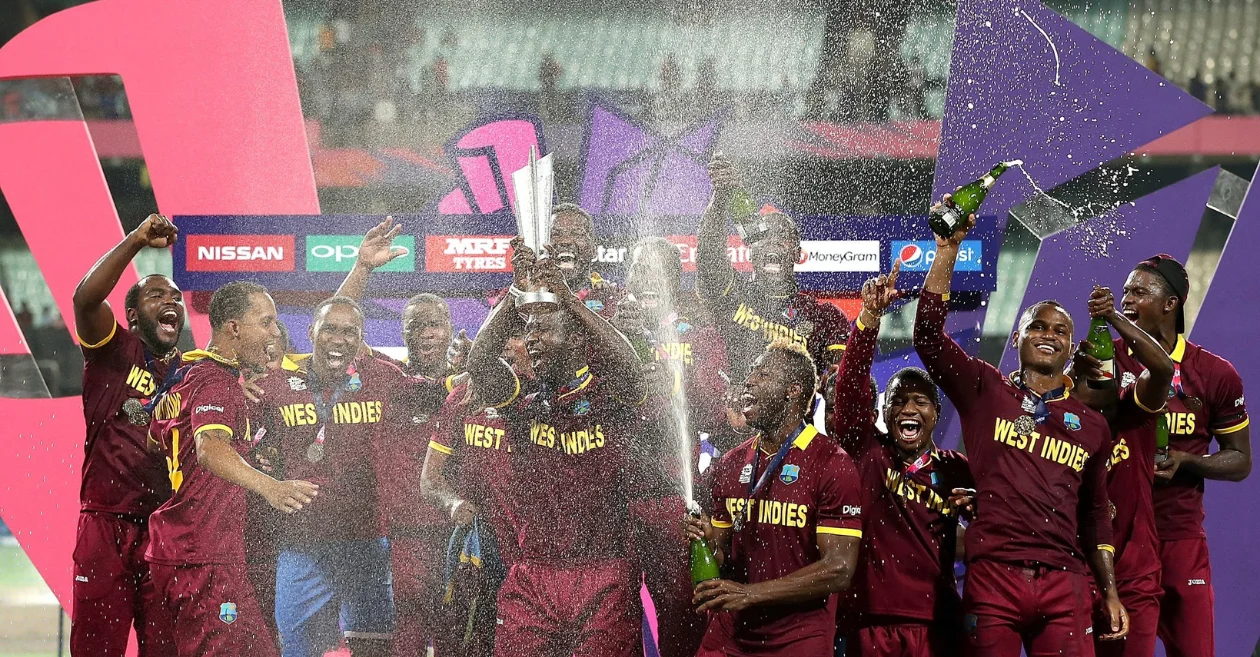
The spectre of corruption continues to cast a shadow over the realm of cricket, eroding the cherished values and sportsmanship that define the game’s modern era. In a disheartening turn of events, the International Cricket Council (ICC) recently took stringent action against a former West Indies cricketer, imposing a ban in response to grave corruption charges. This regrettable incident not only tarnished the individual’s reputation but also served as a stark reminder of the pressing need for vigilant measures to safeguard the integrity of the sport.
As cricket enthusiasts and governing bodies grapple with the unsettling rise of corruption, there is an imperative to reinforce ethical standards and uphold the spirit of fair play at the core of this beloved sport.
Caribbean cricketer faces ban
ICC has handed down a six-year ban to Marlon Samuels, the former Caribbean batter, following his conviction for corrupt behaviour during the Abu Dhabi T10 in 2019. Although Samuels was a part of league team Karnataka Tuskers member at the time, he did not partake in the matches. The ICC’s independent tribunal determined the Kingston-based cricketer’s guilt on four counts, one of which encompassed accepting favours that tarnished his reputation and brought the game into disrepute.
Additionally, he was found to have concealed information from the investigating authorities. It is worth noting that the right-handed batter was punished for the similar offence nearly 15 years ago.
Also READ: ICC initiates ‘stop clock’ trial in Men’s ODI and T20I to monitor time between overs
ICC’s stand on the ban
Alex Marshall, the head of ICC’s HR and Integrity Unit, emphasized that Samuels, who played international cricket for almost two decades, was well aware of his obligations under the Anti-Corruption Codes. He further stated that the 41-year-old cricketer had actively participated in anti-corruption sessions during his career. The imposed six-year ban would serve as a robust deterrent, signalling the consequences for any participant contemplating a breach of the rules, even if the offences occurred during their active playing career.
“Samuels played international cricket for close to two decades, during which he participated in numerous anti-corruption sessions and knew exactly what his obligations were under the Anti-Corruption Codes,” Alex Marshall, the head of ICC’s HR and Integrity Unit, said as quoted by ESPN Cricinfo.
“Though he is retired now, Mr Samuels was a participant when the offences were committed. The ban of six years will act as a strong deterrent to any participant who intends to break the rules,” Marshall added.
Also WATCH – LLC 2023: Chris Gayle’s powerful stroke breaks his bat during the match against Bhilwara Kings
#ICC #bans #twotime #World #Cup #winner #West #Indies #cricketer